Recently, Google lifted off its limit of having three ads per page. This decision was taken due to mobile websites having a different limitation than the desktop users and they do not have the options to display the ads as they are shown on the website.
However, mobile websites allow the placement of more ads within the scrolling of the feed.
While more ads are now allowed does this mean the website owners can place as many ads as possible within their website pages?
More ads would mean more money, right? But sadly that is not the case. Not only it is against the Google guidelines, it is also not sustainable in the longer run.
According to Word Stream, such is the state of the native advertising landscape:
– Almost half of consumers have no idea what native advertising is
– Of those consumers who do, 51% are skeptical
– Three out of four publishers offer some form of native advertising on their sites
– 90% of publishers either have or plan to launch native advertising campaigns
– 41% of brands are currently using native advertising as part of wider promotional efforts
Ad placement on websites dates back to as far as 1994. If the ad placement is not done strategically in order for it to seamlessly integrate with the content on your website, it can have negative ramifications on your website rankings and SEO.
ALGORITHM UPDATES AND PENALTIES RELATED TO ADS
Let’s take a look at some of the penalties handed out by Google related to ads:
- January 2012 Top Heavy update: too many ads above the fold are penalized as mentioned in the Google Blog.
- October 2012 Page Layout Update: Matt Cutts announced an update on Twitter regarding the page layout algorithm
- February 2014 Page Layout Update #3: Google revamped the algorithm; this was again announced by Matt Cutts: the sites that were top heavy with ads were penalized.
- Phantom/Quality updates: These updates started since 2013 and continue till this date. The specifications of the updates weren’t released but data suggests that they were related to the user experience.
- January 2017: Intrusive Interstitial Penalty was developed to punish the websites with interstitials and aggressive pop-up ads. This was to create a better flow of mobile user experience.
ADS ARE OBSTACLES FOR THE SPIDERS
Every ad is a potential obstacle for the Google spiders as well as the visitors of the website. Spiders do not like to be hindered in their fast paced crawling across the web and ads do just that.
It makes them unhappy to have to work extra hard on your website to get to your content and ads are an unwanted hindrance for them.
Page rendering time is important to Google because of the ‘crawl budget’ and should be important to you because of the abandonment rate:
A specific set of resources dedicated to a site. However, if the spider has to make multiple trips back to the server to obtain data on your website, it is likely that it would move on.
Ads themselves are not an issue, but they create issues if they are not implemented and optimized properly. Having issues with your ads makes Google skip several of your pages and not index them at all.
NUMBERS ARE NOT ALWAYS GOOD
Although it seems logical to place more ads on the website, as more ads would mean more revenue, but this practice is not sustainable in the long term.
While more ads would make the website owner more money in the short term but in the longer run, they can cause the website to be dragged down due to excessive scripts, resource calls and uncompressed image downloads.
All of the factors mentioned add to the website’s weight and increasing the loading times. Instead of driving more traffic to your website, they would lead to lesser traffic and lesser revenue.
This would cause severe damage in the user experience as slower loading times in a website would cause the visitor to drop off the website faster.
The search engine ranking also gets affected because slower loading times and excessive scripting would increase the bounce rates off a website and would eventually lead to the website devaluation.
According to Business 2 Community, below are the reasons why people block the ads they see:
Ads do not have to be plentiful, they have to be useful. Optimizing your ad placement increases the revenue, not increasing the ad placements.
TOO MANY ADS ABOVE THE FOLD/TOP HEAVY
If your website has too many ads placed above the fold, the users will have to scroll down to the get to the content they came looking for on your website.
Chances are that if the users have to scroll past the ads to get to the content which brought them to your website, they’re not going to click on the ads anyway. This means you’re not making money either way.
By making your website less clamored with ads at the top would mean that the users get to the content quicker. Too many ads also slow down the page load speed resulting in higher bounce rates.
If you are not sure about how to go about your ad placement strategies, Google already has it sorted for you. Follow these guidelines by Google and get the best ad placements for your website and avoid getting SEO hits.
BURN RATES
The most important aspect of how ads destroy your website and its SEO. BURN RATES. Burn rates are the frequency of turning off your audience due to bad site practices specially advertising.
Slow page loads, ad heavy designs, blocking content with ads and auto-playing videos are a few factors that play a role in increasing the burn rates. This has led to the growth of ad-blocking.
According to a report by Adobe and PageFair,
“The estimated loss of global revenue due to blocked advertising during 2015 was $21.8B”.
This affects revenue streams as well as getting an extremely high bounce rate and a steady decrease in website traffic. All of these factors affect your SEO rankings badly.
Therefore, given the history of Google handing out penalties time and again to aggressive ad campaigns, one should avoid excessive usage of the ads on the website.
Author Bio
Sohail Rupani is a senior SEO strategist at PNC Digital, a digital marketing agency based in Orlando. He specializes in SEO and SEM techniques. He is passionate about technology and loves to analyze the tech industry in his spare time and stay in touch with the latest happenings. He also writes technical articles about SEO and digital marketing.
Here are the Handpicked article that you must read.

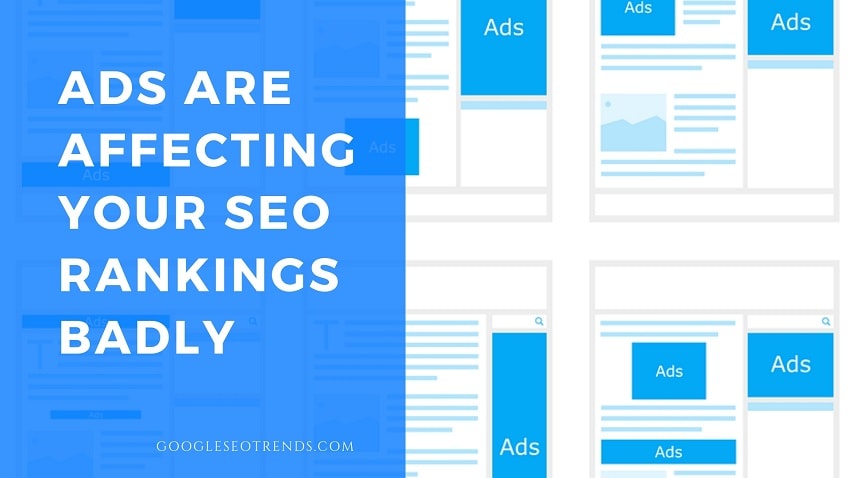
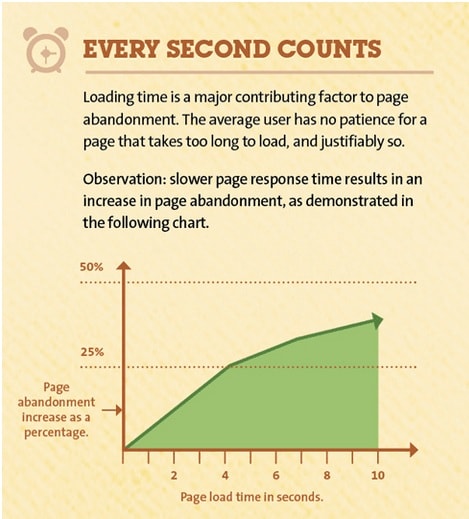
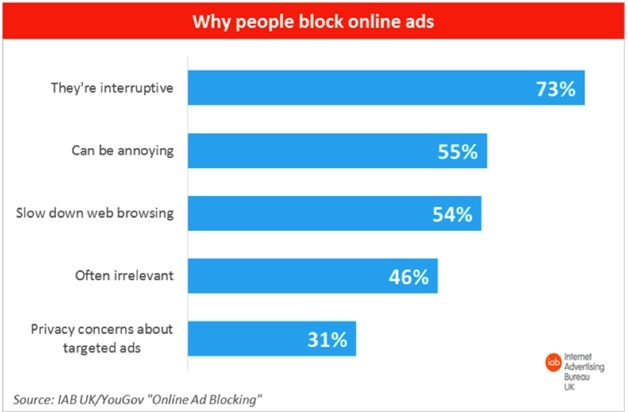
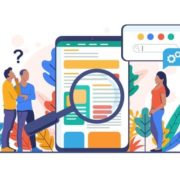
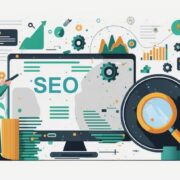

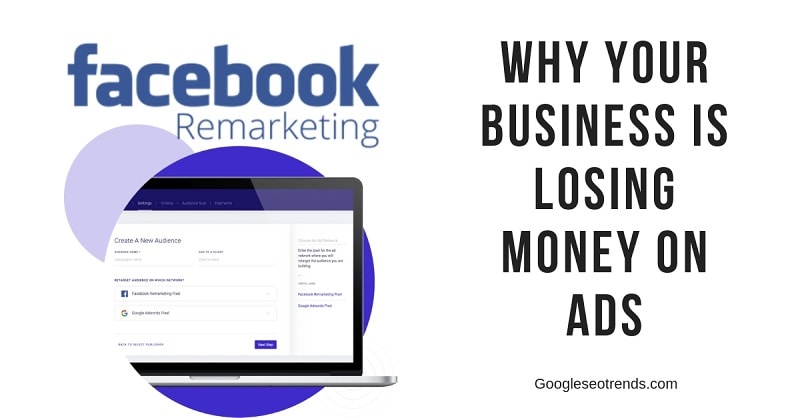
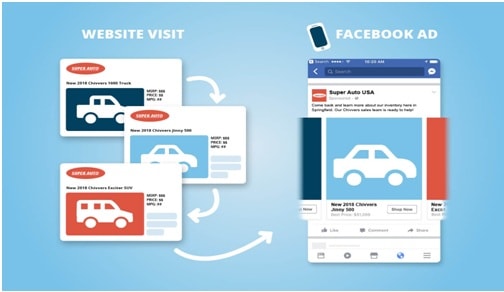

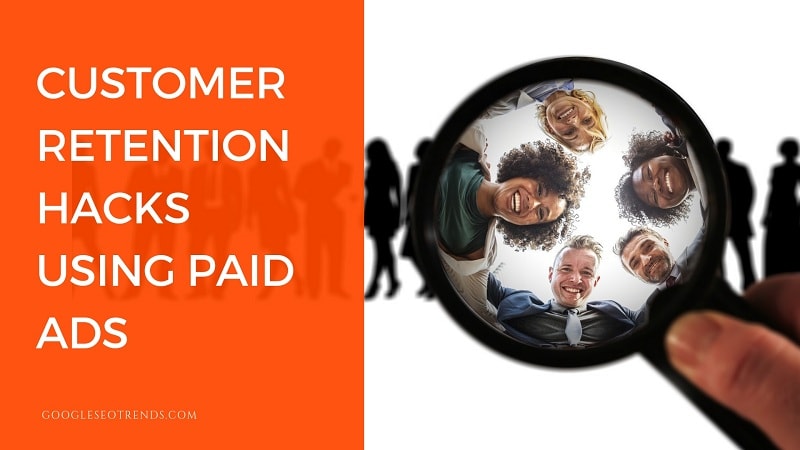



Comments